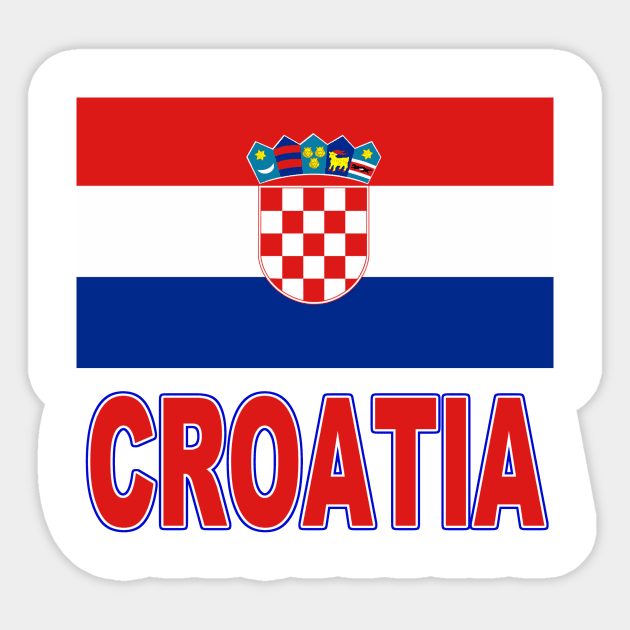Headlines
Croatia: A Land of Rich History and Cultural Exchange

Croatia, a country in southeastern Europe, has a rich and complex history that dates back to the prehistoric period. The area known today as Croatia was inhabited by hominids throughout the prehistoric period. Fossils of Neanderthals dating to the middle Palaeolithic period have been unearthed in northern Croatia, with the most famous and best-presented site in Krapina.
See Population, Official Language And More….

Croatia
The Roman Empire established its protectorate south of the Neretva River in 168 BC. The area north of the Neretva was slowly incorporated into Roman possession until the province of Illyricum was formally established c. 32–27 BC. These lands then became part of the Roman province of Illyricum.
Croatia, as a polity, first appeared as a duchy in the 7th century, the Duchy of Croatia. With the nearby Principality of Lower Pannonia, it was united and elevated into the Kingdom of Croatia which lasted from 925 until 1102. From the 12th century, the Kingdom of Croatia entered a personal union with the Kingdom of Hungary. It remained a distinct state with its ruler (Ban) and Sabor, but it elected royal dynasties from neighboring powers, primarily Hungary, Naples, and the Habsburg monarchy.
Following World War I and the dissolution of Austria-Hungary in 1918, Croatian lands were incorporated into the Kingdom of Yugoslavia. Following the German invasion of Yugoslavia in April 1941, the puppet state Independent State of Croatia, allied to the Axis powers, was established. It was defeated in May 1945, after the German Instrument of Surrender. The Socialist Republic of Croatia was formed as a constituent republic of the Socialist Federal Republic of Yugoslavia. In 1991, Croatia’s leadership severed ties with Yugoslavia and proclaimed independence amidst the dissolution of Yugoslavia.
In summary, Croatia’s history is marked by various periods of political turmoil and cultural exchange that have shaped its identity over time.
The area known as Croatia today was inhabited throughout the prehistoric period. Neanderthal fossils dating to the middle Palaeolithic period were unearthed in northern Croatia, best presented at the Krapina site. Remnants of Neolithic and Chalcolithic cultures were found in all regions.
The Kingdom of Croatia entered a personal union with the Kingdom of Hungary in the 12th century. It remained a distinct state with its ruler (Ban) and Sabor, but it elected royal dynasties from neighboring powers, primarily Hungary, Naples, and the Habsburg monarchy.
During the 15th to 17th centuries, Croatia was marked by intense struggles between the Ottoman Empire to the south and the Habsburg Empire to the north.
Following World War I and the dissolution of Austria-Hungary in 1918, Croatian lands were incorporated into the Kingdom of Yugoslavia. Following the German invasion of Yugoslavia in April 1941, the puppet state Independent State of Croatia, allied to the Axis powers, was established. It was defeated in May 1945, after the German Instrument of Surrender. The Socialist Republic of Croatia was formed as a constituent republic of the Socialist Federal Republic of Yugoslavia. In 1991, Croatia’s leadership severed ties with Yugoslavia and proclaimed independence amidst the dissolution of Yugoslavia.





